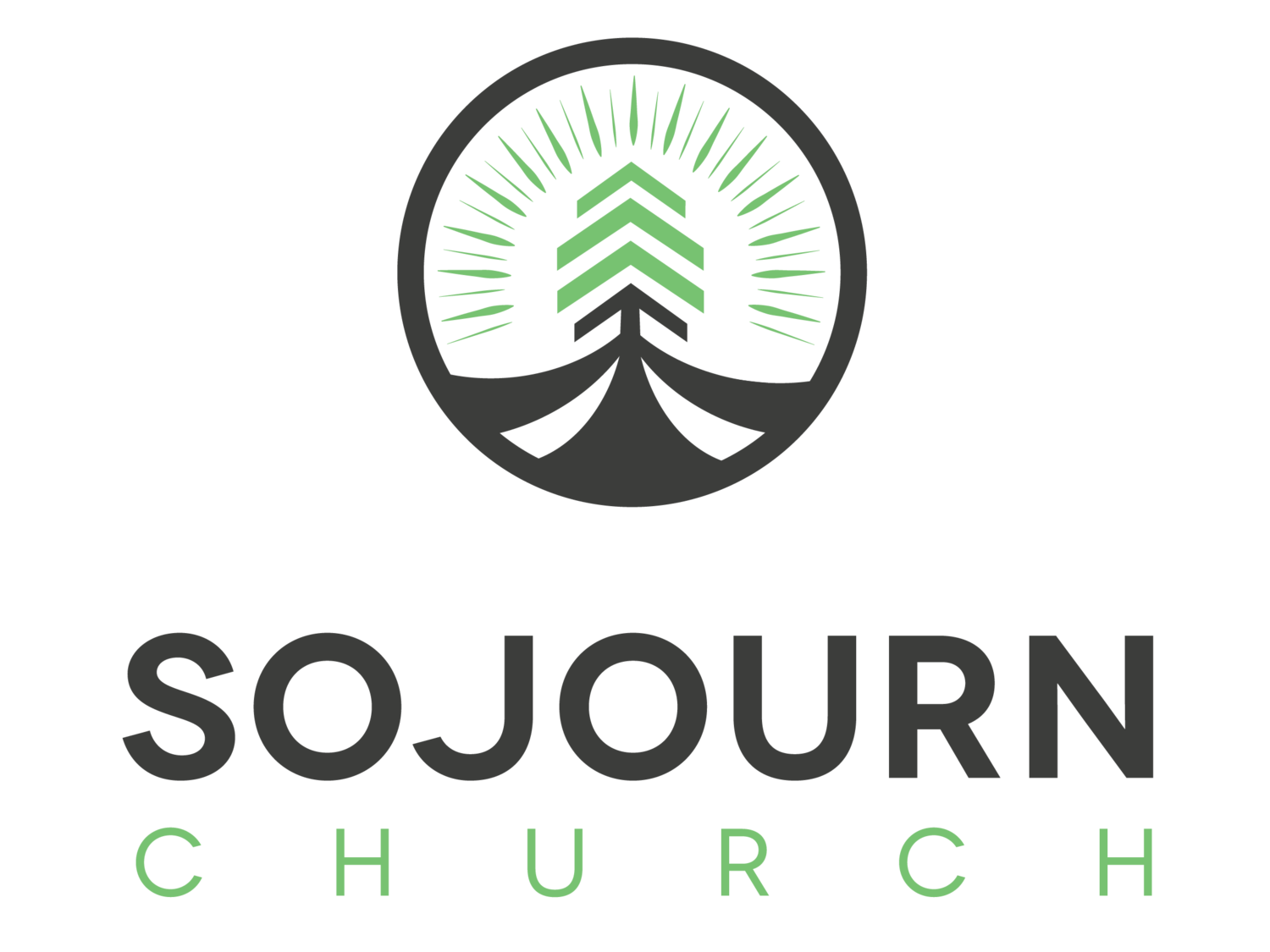“If your presence does not go…don’t make us go up from here.” (v. 15)
How willing are you to go without Him?
In the Scriptures, believers are given a bunch of pictures of what it looks like to go with God: walking in the light, remaining in His Word, going with the Gospel. We are assured of His presence when we abide in Him.
But He wouldn’t have us go just anywhere. He doesn’t lead us into some things: darkness, stuckness, self-righteousness. If we strike out that direction, we willfully depart from His presence-path.
So…why do we keep going?
Let’s learn to love His way again, and let’s go where He leads, where He promises to go with us. Anything else anywhere else—anything that’s not with Him—isn’t where I want to be.
— Tyler
